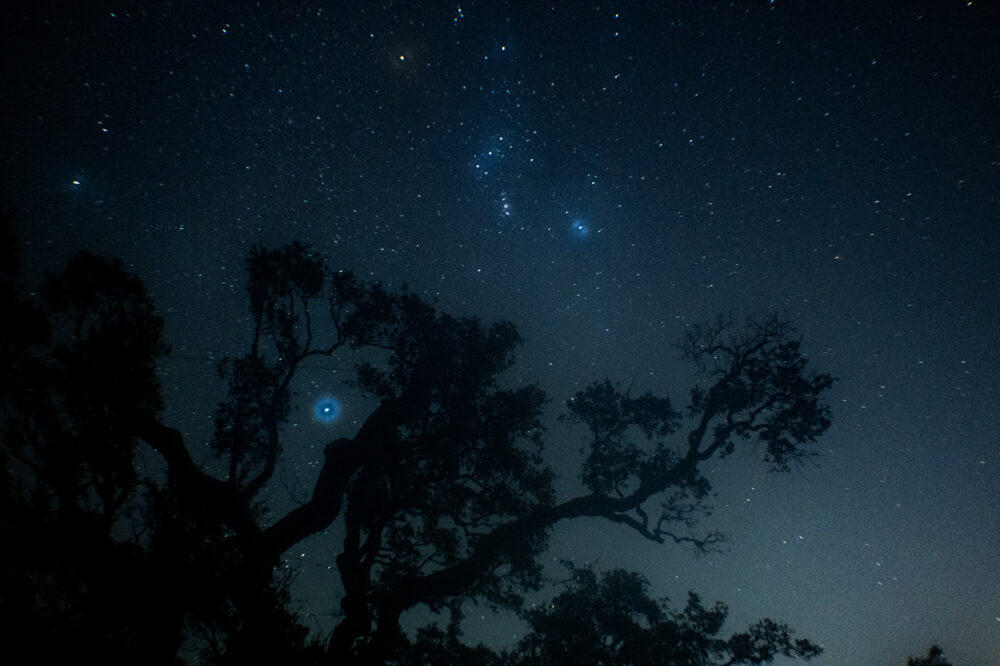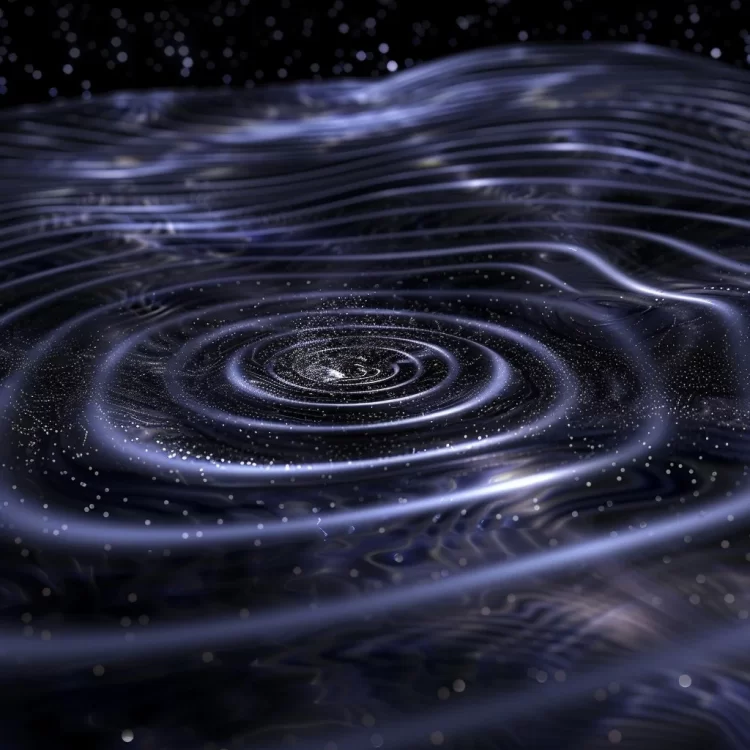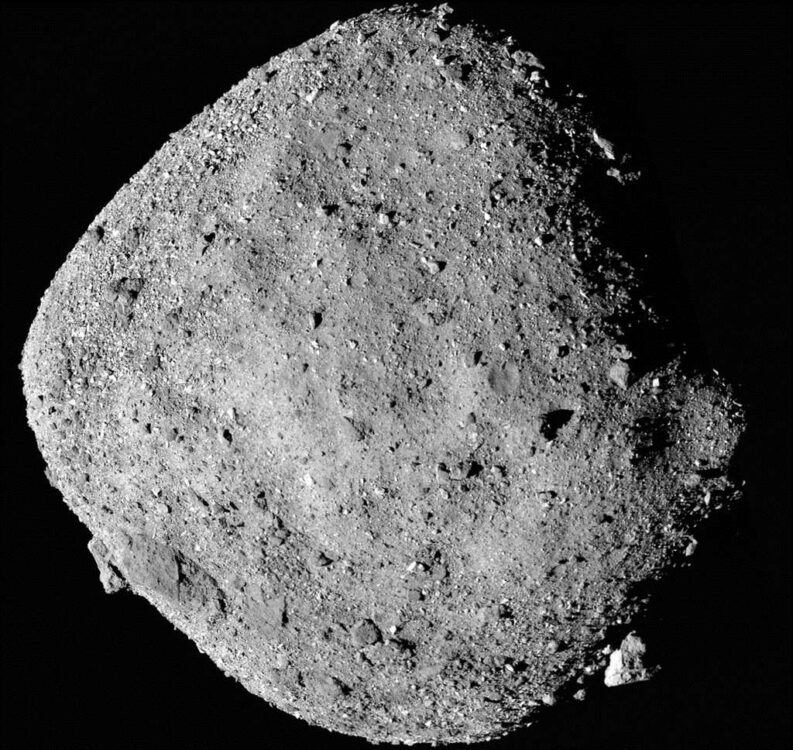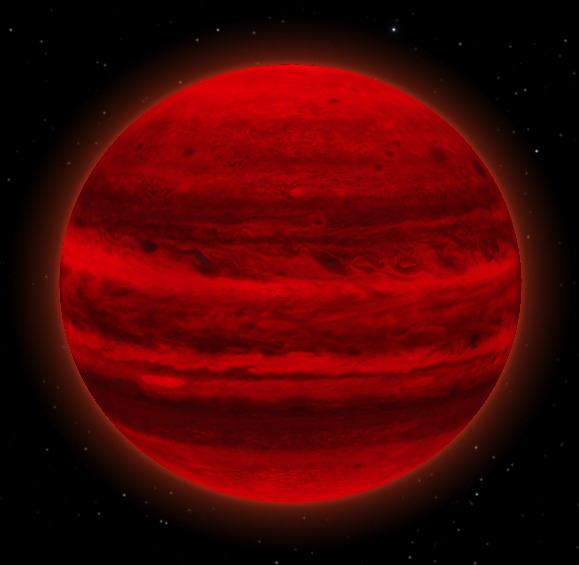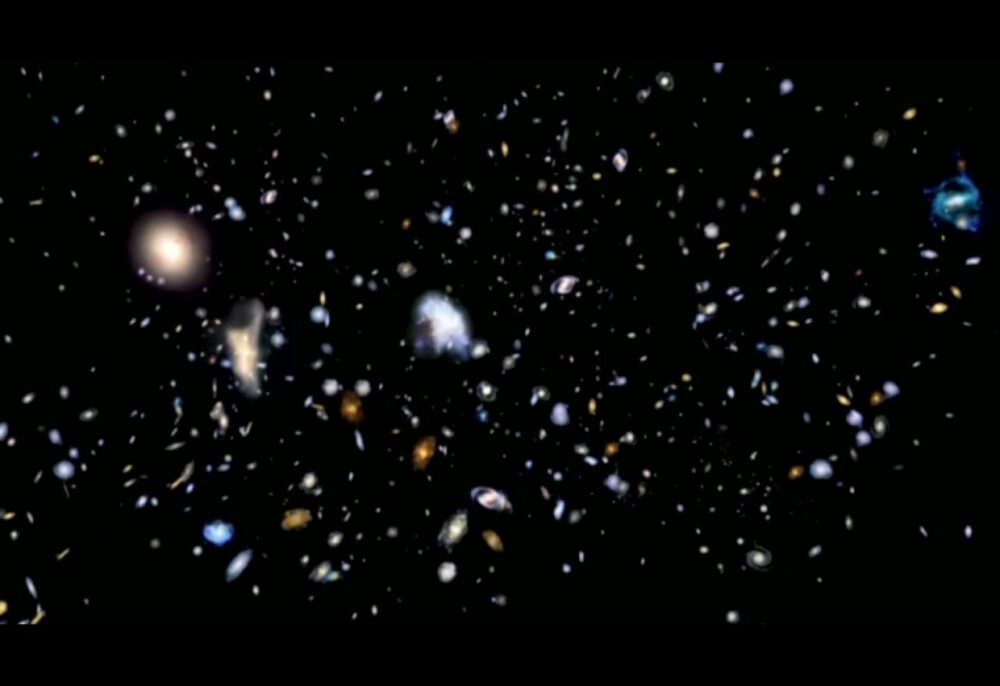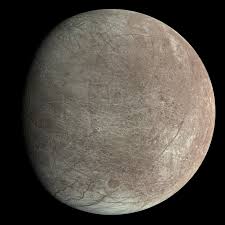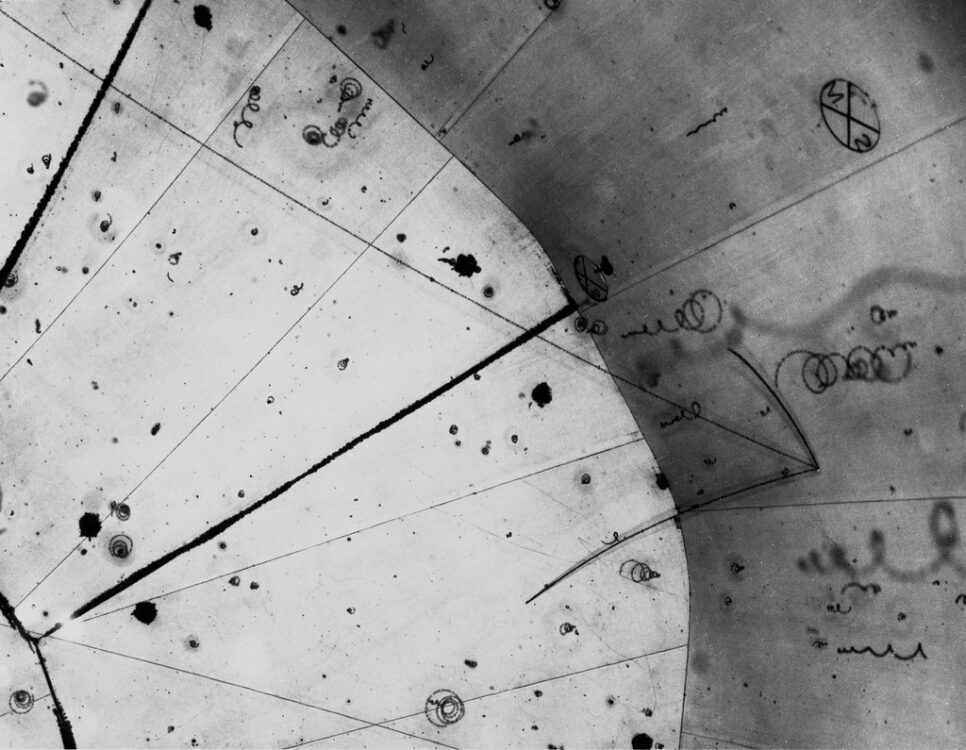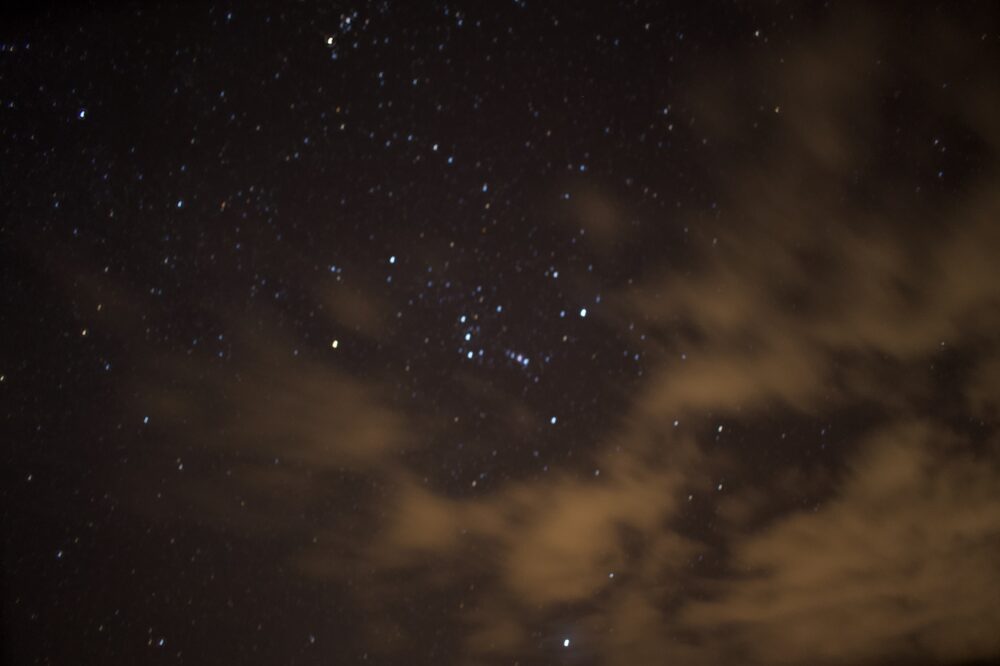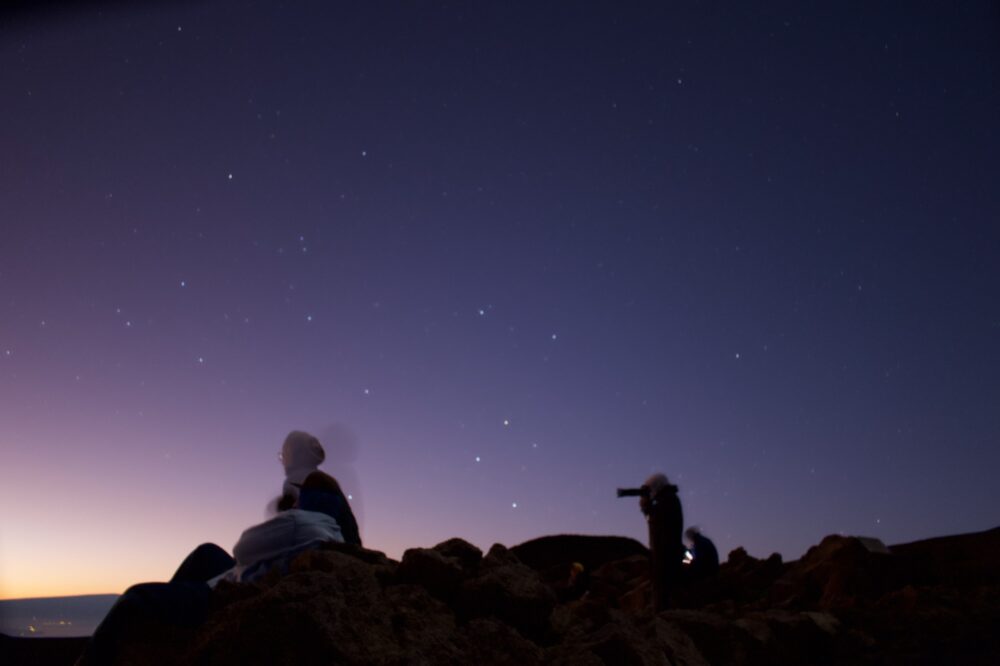Aligning the stars: How stars are categorized
Stars have always filled people with wonder. The Egyptians incorporated the sun as a big part of their religion. The ancient Greeks named the constellations. The sky was a mysterious place with strange objects scattered throughout it. As technology evolved, the ability to answer people’s curiosity improved. It became possible to figure out the nature […]
Aligning the stars: How stars are categorized Read More »
